HSC Texts and Human Experiences - The Merchant of Venice, by William Shakespeare - Part 1
 14:08
14:08
Guide for Students
If you’re studying English Advanced, English Standard or English Studies – you’ve come to the right place! At Schooling Online, we understand that HSC English can be challenging, especially because it’s a compulsory subject. It doesn’t help that the first Texts and Human Experiences module is completely new!
Don’t sweat it. We’re here to help! Our animated videos will guide you through the Texts and Human Experiences rubric with the help of engaging explanations and entertaining illustrations. We’ll develop your deep understanding of human experiences by covering the key ideas, complex vocabulary and prescribed texts. Soon enough, you’ll improve your ability to respond to reading comprehension questions and write analytical essays that stand out from the crowd. It’s easy when our videos are always at your fingertips!
Breaking Down the Module
First, check out our unique six-part series that breaks down the syllabus rubric in detail. We’ll prepare you to understand and analyse any text that explores human experiences. You’ll love our top tips for tackling unseen texts and reading comprehension questions in your Paper 1 exam.
Over six videos, we’ll cover:
1. Individual and Collective Human Experiences
2. Human Qualities and Emotions
3. Anomalies, Paradoxes and Inconsistencies
4. Seeing the World Differently
5. Representing Human Experiences
6. Unseen Texts and Reading Comprehension
Along the way, we draw on ideas from literature, philosophy, psychology and even biology. That way, you’ll be able to appreciate complex ideas about human experiences in your prescribed and related texts.
Understanding Prescribed Texts
We also offer lessons that explore the prescribed texts for the module. These videos draw on the syllabus content, which will prepare you to develop sophisticated arguments in your essays. We’ll introduce you to the central themes, characters and quotes in each text, while maintaining a focus on how they portray human experiences. You’ll love our clear explanations and helpful tips for assessments and exams!
How to get the most out of our videos:
1. Before you start studying the module at school.
Start your HSC year strong! Why not watch our lessons during the holidays or a few weeks before covering the module in class?
We’ll take you step-by-step through the syllabus rubric, introducing you to the key ideas and terminology. We offer you deeper insights into diverse human experiences and ask probing questions that will help you analyse your texts. Our videos encourage you to develop personal definitions of key words, which are required in essay writing. As you watch our videos for the first time, jot down notes or create a visual mind-map to refer to at school.
2. While your class is studying the module.
Watch our lessons one by one as your class covers the module. Use our lessons to enhance your understanding of the rubric before reading and analysing your texts.
Once you start studying your prescribed texts, watch our videos to understand the central themes and notable quotes. We clearly relate each prescribed text to key ideas in the Texts and Human Experiences module. We want you to study the module at your own pace, so feel free to replay challenging sections and skip parts that you already understand. By viewing our lessons on a regular basis, you’ll improve your understanding of complex concepts. Draw on this knowledge to analyse each text independently and develop your own ideas.
As you watch each lesson, write down notes that could be valuable for your school work and future exam revision. Remember, you can always re-watch any of our videos to achieve a full understanding.
3. When preparing for an assessment.
Watch our videos before assessments to refine and enrich your understanding of the module. You can revise the whole rubric to find fresh inspiration and hone your analytical skills. Otherwise, you can re-watch specific videos to fill in any gaps in your knowledge. Maybe you could revise with some classmates and discuss the major ideas in your texts. Soon enough, you will feel confident to tackle all your school assessments... and the big HSC exam itself!
Guide for Educators
Teaching a new module can be challenging, even frustrating, due to the paucity of up to date materials. At Schooling Online, we recognise the need for high quality teaching resources that cover the new Texts and Human Experiences module. Our engaging videos support students as they launch into the first module of HSC English.
Our videos create opportunities for active learning in a classroom environment. We take the hard work out of learning by explaining concepts in a clear and structured manner. This effective approach caters to a broad range of learners. Students that struggle with interpreting and analysing texts will gain confidence and new skills, while higher-level students can deepen their understanding and excel.
We encourage you to integrate these videos into your yearly, monthly and weekly teaching planners. Our videos are based on the NESA Stage 6 Syllabus requirements for English Advanced, English Standard and English Studies. We also want students to meet national requirements, so we have closely referred to the Australian Curriculum content and outcomes. Sign up your school with Schooling Online today and set lessons for students to watch in class or at home.
Breaking Down the Module
Over six lessons, we unpack every element of the syllabus rubric. We know that students rarely read the rubric on their own, so we’ve extracted the important information for them. These videos also include top tips for tackling unseen texts and reading comprehension questions in the Paper 1 exam.
Over six lessons, we’ll cover:
1. Individual and Collective Human Experiences
2. Human Qualities and Emotions
3. Anomalies, Paradoxes and Inconsistencies
4. Seeing the World Differently
5. Representing Human Experiences
6. Unseen Texts and Reading Comprehension
Human experiences are diverse and nuanced, so we’ve combined concepts from literature, philosophy, psychology and even biology to explore the major ideas. With a strong foundational understanding of the module, your students will be ready to approach their prescribed and related texts on their own.
Understanding Prescribed Texts
We also offer lessons that explore the prescribed texts for the module. These videos draw on the syllabus content, which will prepare your students to develop sophisticated arguments in their essays. These valuable teaching resources cover the central themes, characters and quotes of each prescribed text.
How to get the most out of our videos:
1. Introducing students to the module.
Human experiences are so broad and profound that students may be overwhelmed at first. Why not give your students an overview of the rubric and key ideas by showing our videos in class?
The videos take an interdisciplinary approach to the rubric and explain each element in detail. For example, the first video explores what it means to be human by considering the views of Descartes, Darwin and the Existentialists.
Our videos also give you full flexibility. You can introduce students to the module by watching our breakdown of the rubric in class. This will pique students’ interest and establish the overarching goals for the module. Students can also watch the videos for homework to consolidate their understanding. It’s so easy when our videos are a click away!
Feel free to use our videos as resources for the following sample activities. Students may:
- Create a colourful mind-map to represent central ideas about human experiences.
- Research some of the great thinkers and theories introduced in each video
- Apply ideas from the videos to analyse a range of short texts
- Find related texts that explore major ideas covered in the videos
2. Supporting students as they study a text.
At Schooling Online, we want your students to become independent learners. That’s why our videos model and teach analytical skills in addition to explaining concepts. We recognise the need for students to develop their unique insights into a text, so we’re offering useful resources that support students in studying their prescribed and related texts.
Every video is appropriate for watching in class or as an extra resource for students to use at home. In particular, our lesson on ‘Representing Human Experiences’ introduces students to storytelling, narratology and metalanguage, which will enhance their understanding of how composers represent human experiences. Additionally, our lesson on ‘Unseen Texts and Reading Comprehension’ targets students’ reading and analytical skills.
Turn your classroom into an interactive environment by watching each video in short segments. Pause the video at the beginning or end of each key section and open a discussion with your class. For example, after watching our definition of “human experiences” in the first video in the rubric breakdown, ask students if they have anything to add.
Feel free to use our videos as resources for the following sample activities. Students may:
- Analyse their prescribed or related text through the lens of a philosophical, psychological or biological theory
- Write a paragraph or essay response based on a specific idea related to human experiences
3. Use our videos for internal and external assessment preparation.
Do your students stress out when you remind them of an upcoming assessment? Make the task more enjoyable by using our videos! Play our videos when revising over content in class. You may also assign videos for students to review at home in preparation for an assessment, especially in the lead-up to trial or HSC exams.
Internal school assessments may take a variety of forms, including multimodal presentations, creative responses and reflection tasks. The wide range of ideas and approaches in the videos ensures that they are appropriate for students of diverse academic capabilities.
Feel free to use our videos as resources for the following sample activities. Students may:
- Create a set of notes identifying key ideas on human experiences in their prescribed and related texts
- Analyse a given extract from a prescribed text in preparation for an analytical task
- Discuss how to practice self-reflexivity while reading or composing a text
As trial or HSC exams approach, feel free to use our videos as resources for the following sample activities:
- Discuss the videos that break down the rubric to prepare students for questions in Paper 1
- Discuss the videos on the prescribed text to revise the key ideas on human experiences
- Compose responses to a practice reading comprehension paper
The Merchant of Venice, by William Shakespeare - Part 1
See The Merchant of Venice come to life as we unpack key module ideas together. Develop profound insights into the nature of human experiences, as we explore how the play represents individual and collective human experiences, as well as important human qualities and emotions. Along the way, learn how to analyse key characters, quotes and techniques from the play, so you can tackle your essays with confidence!




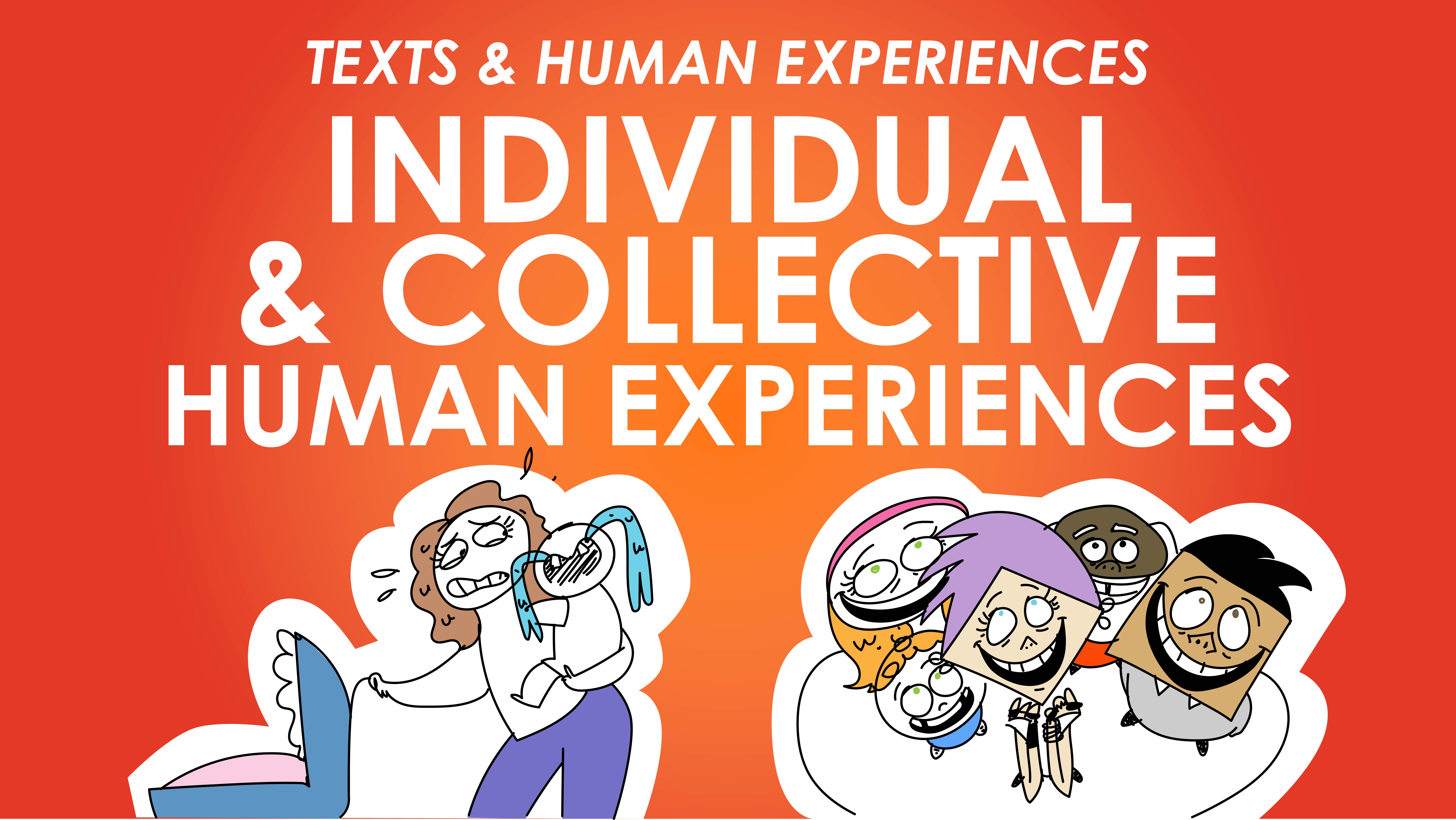
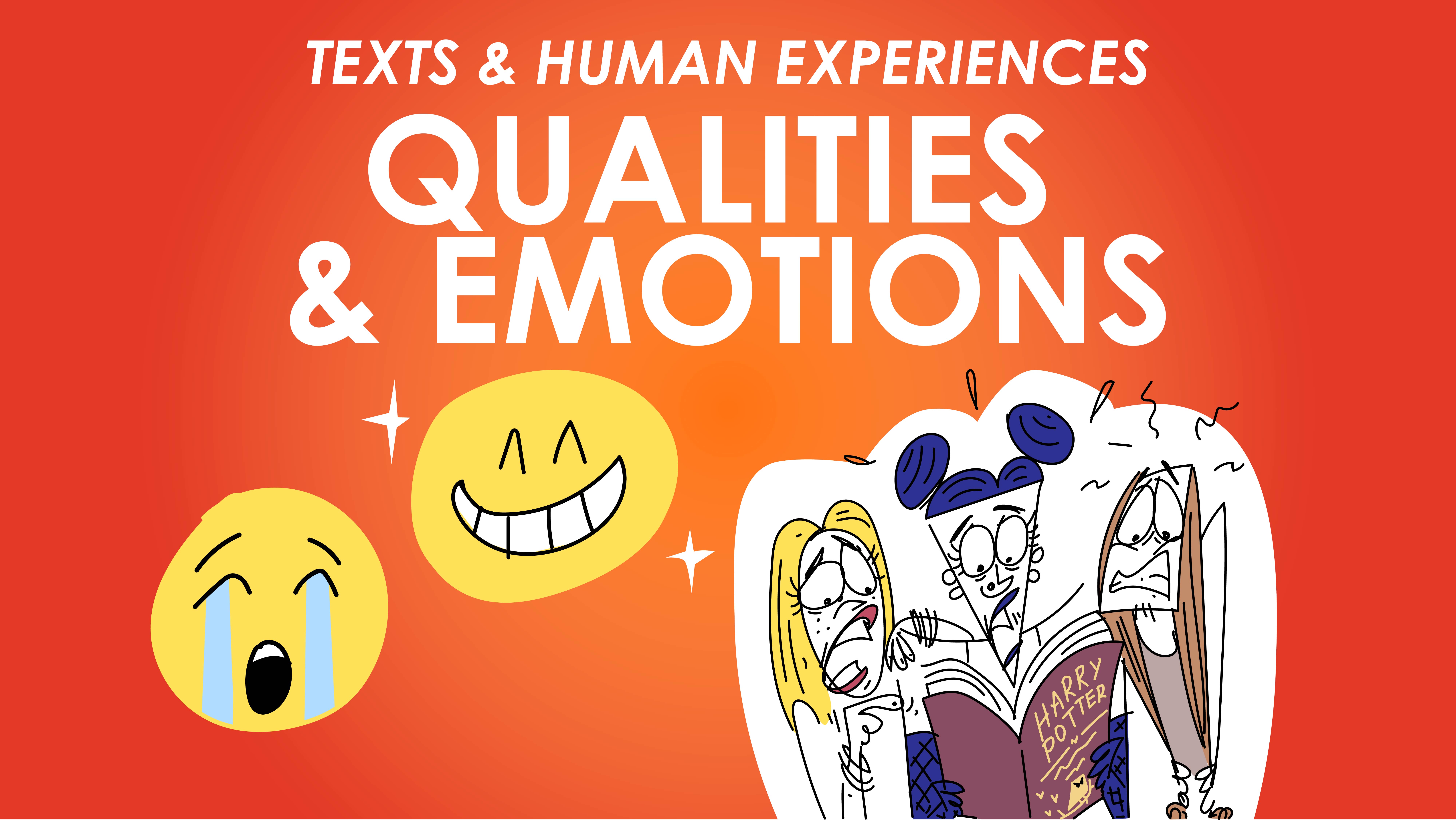
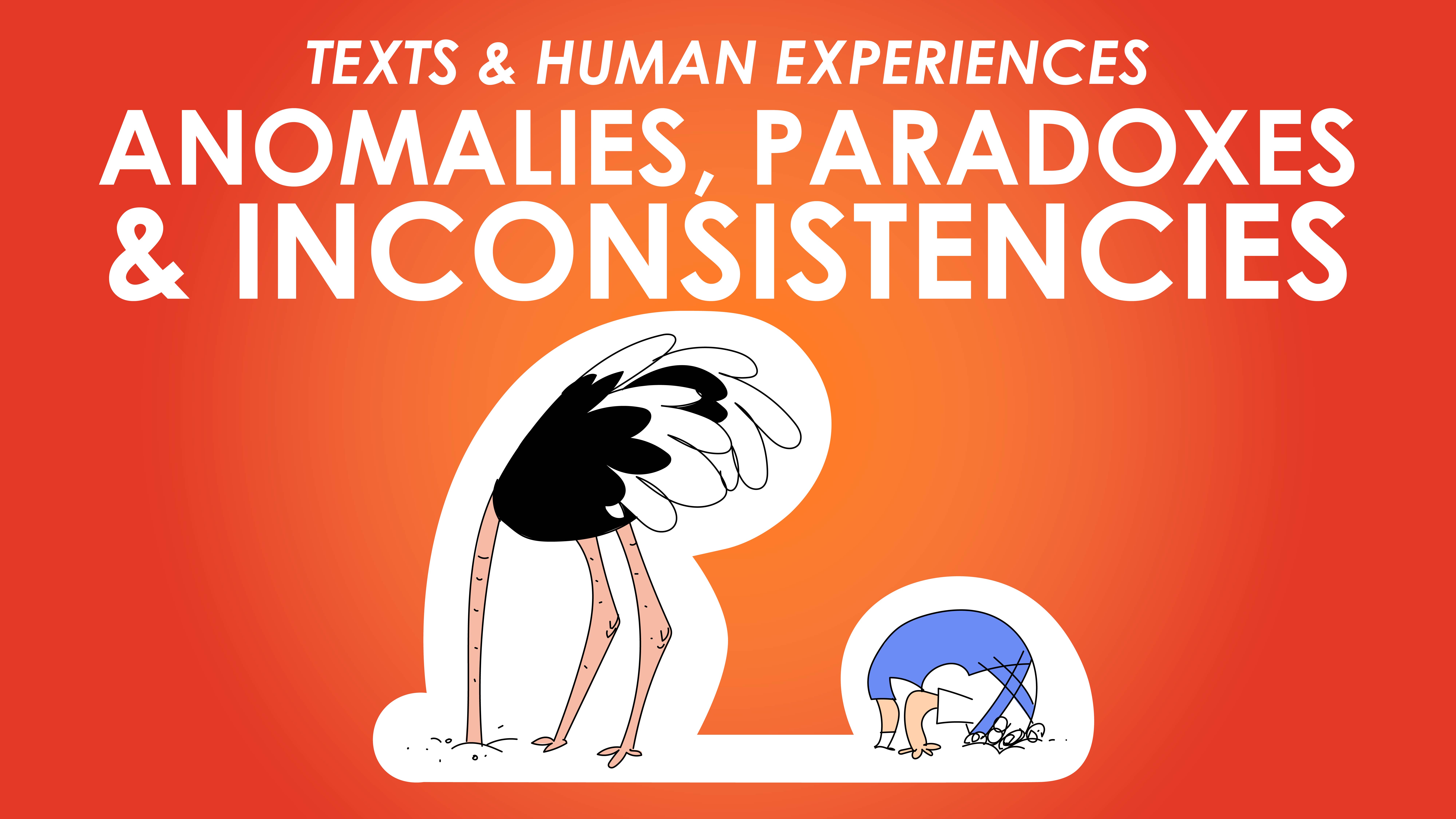
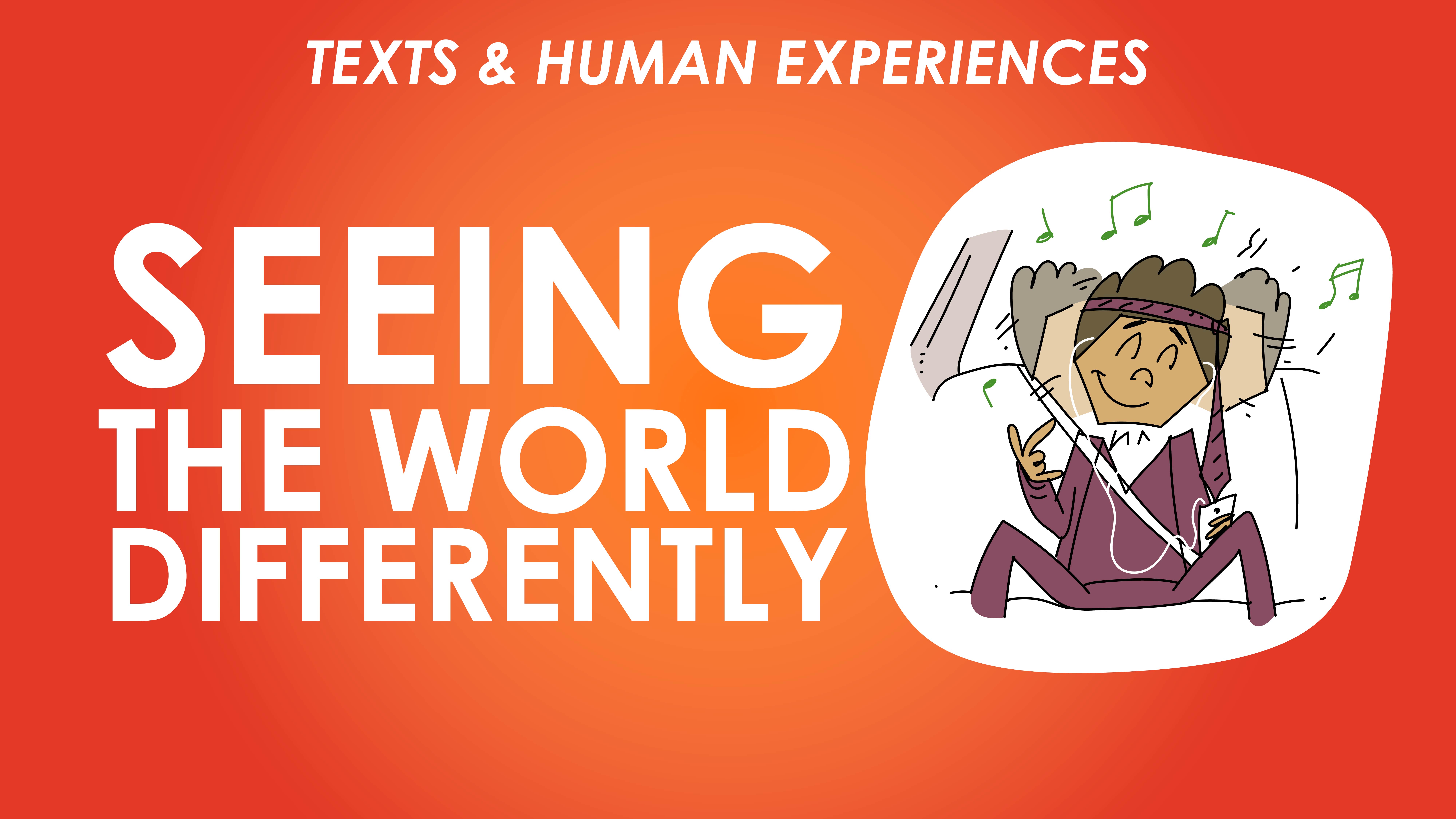
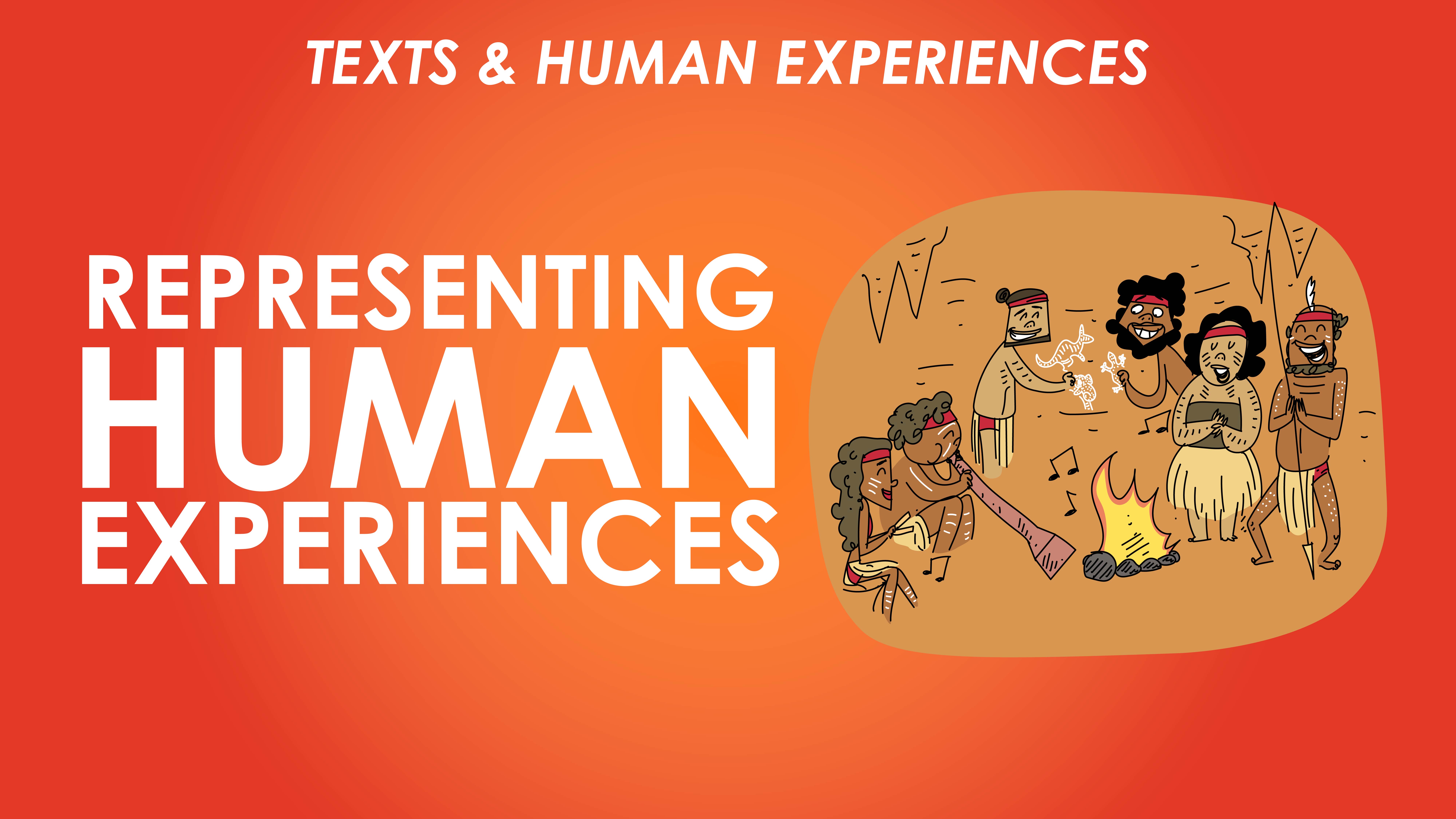
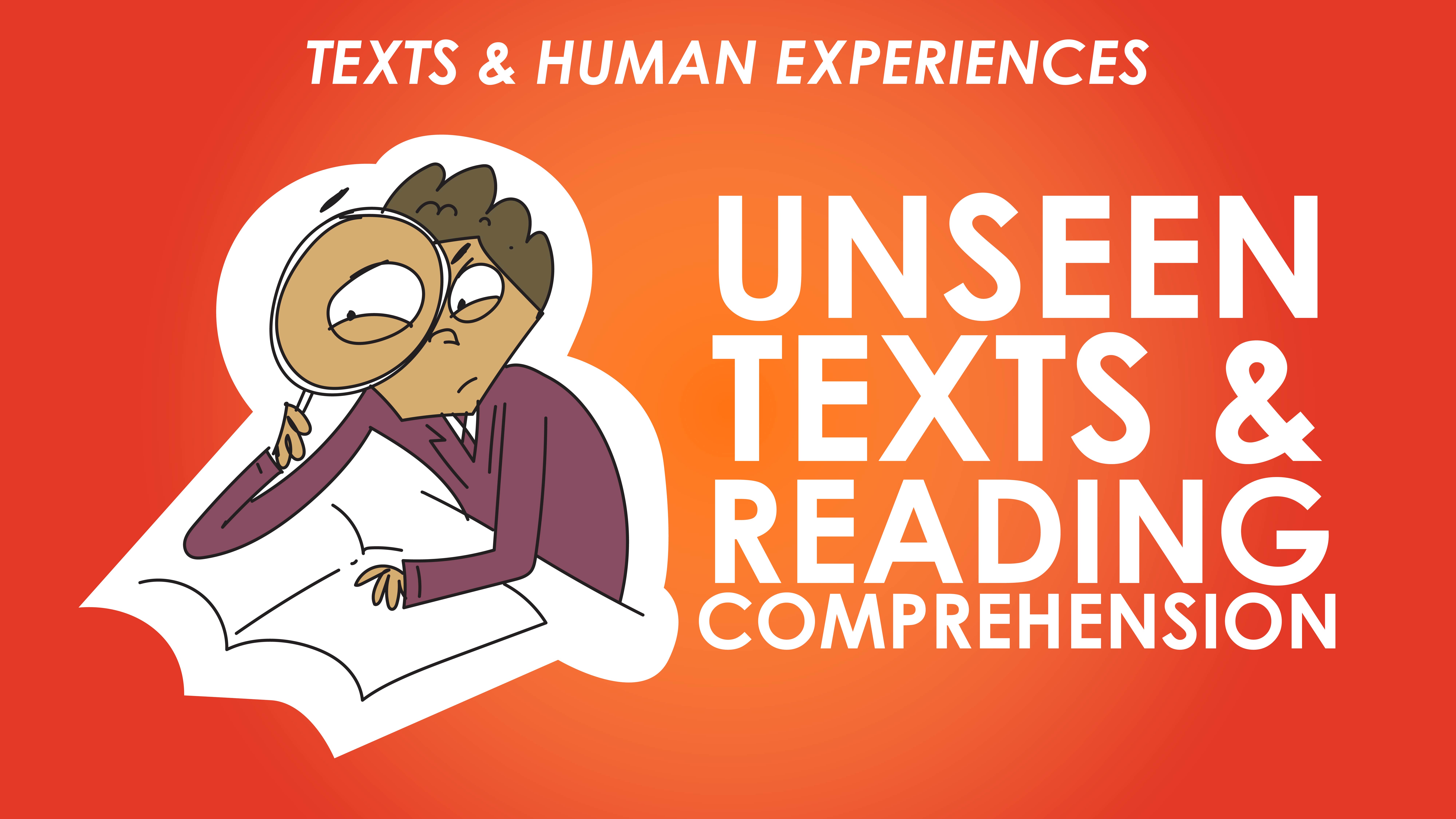
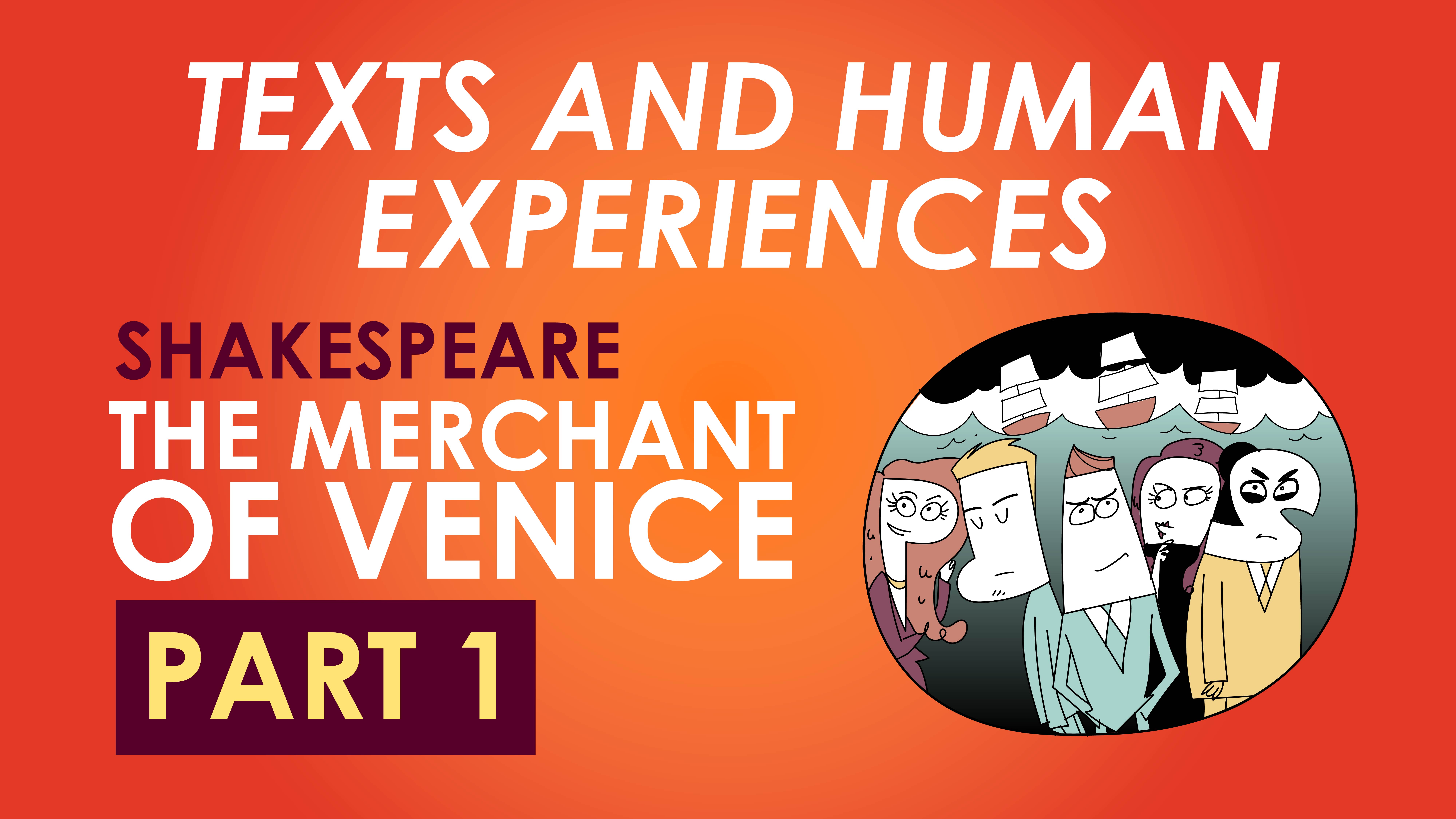
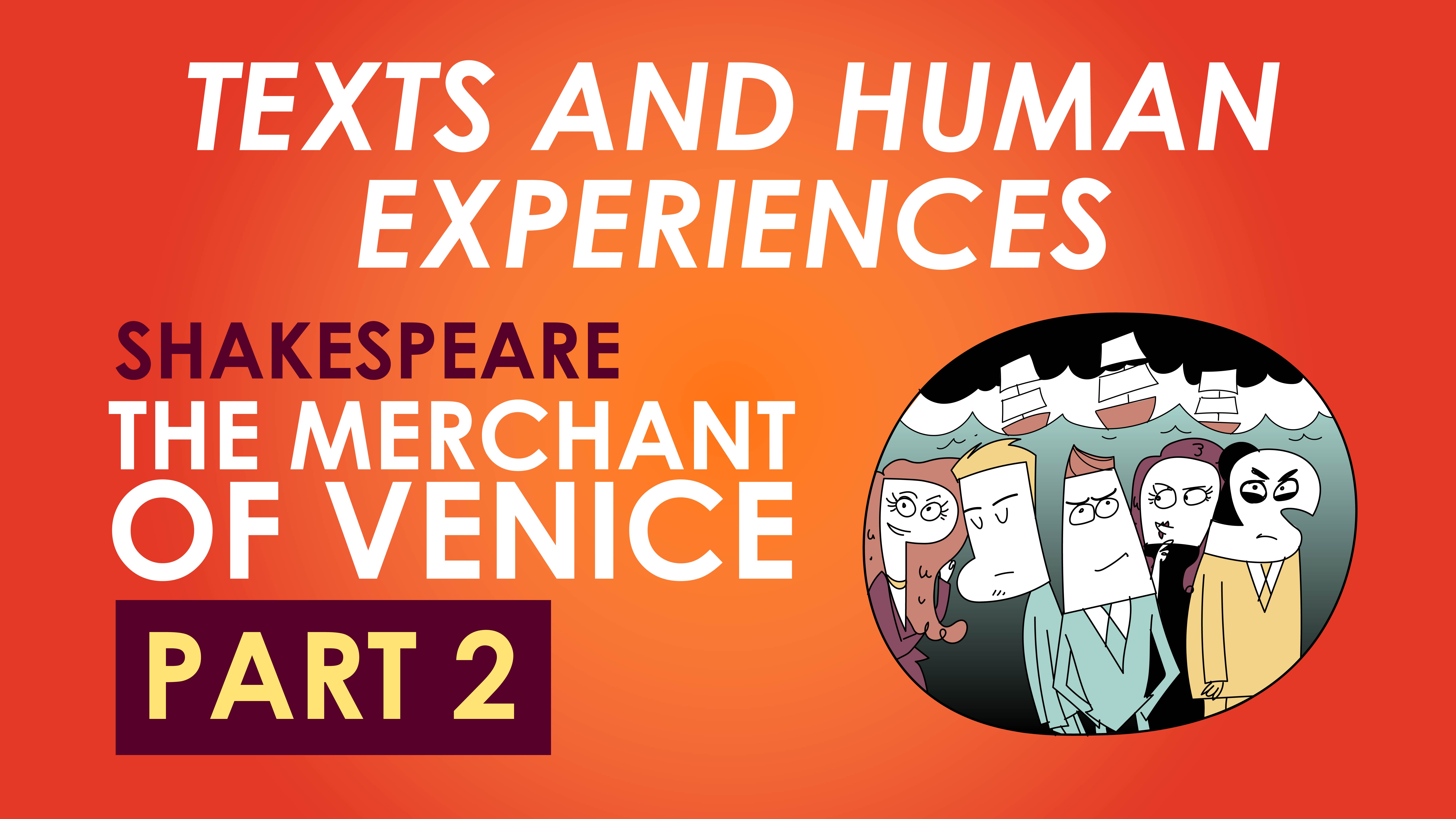
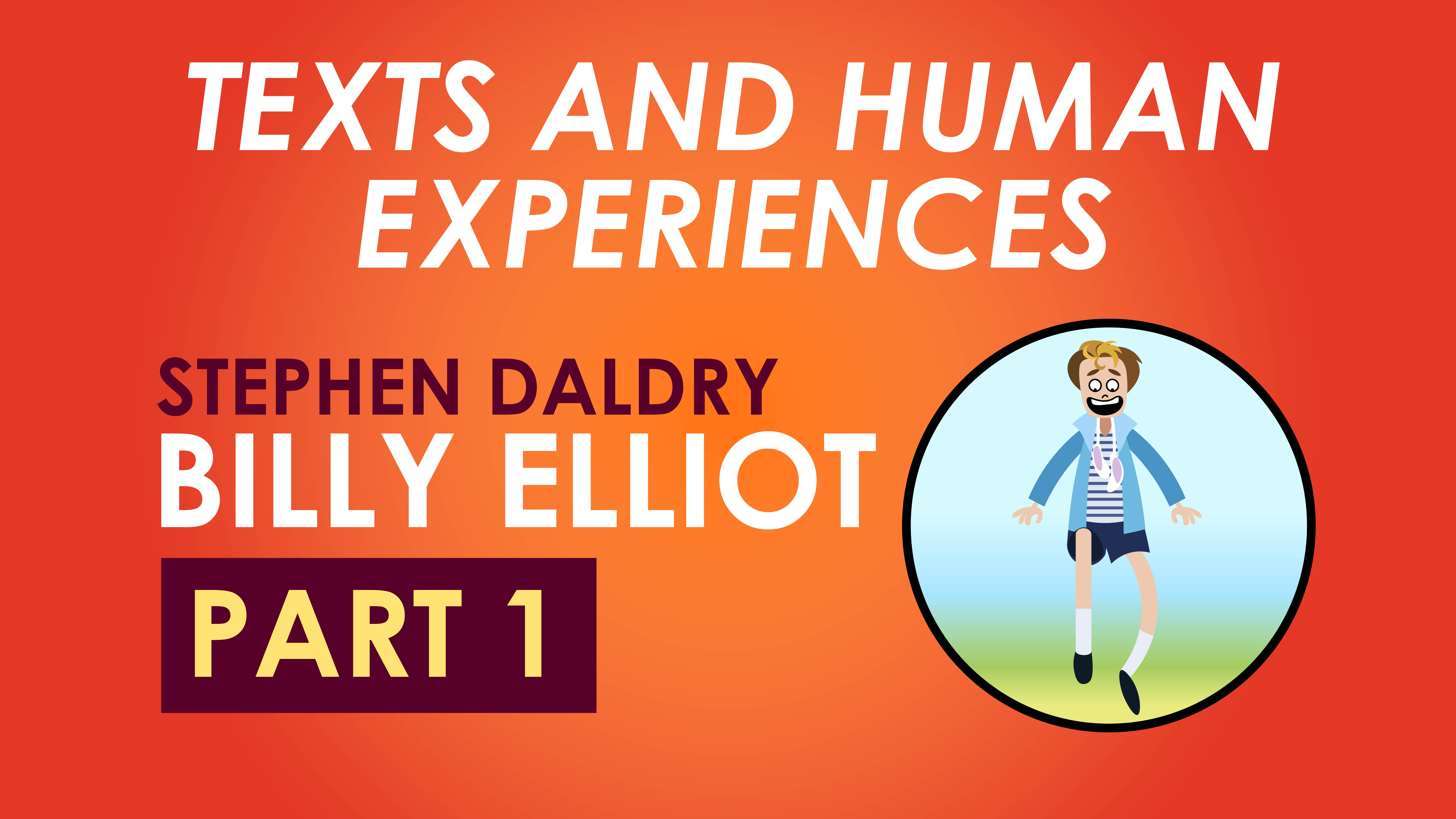
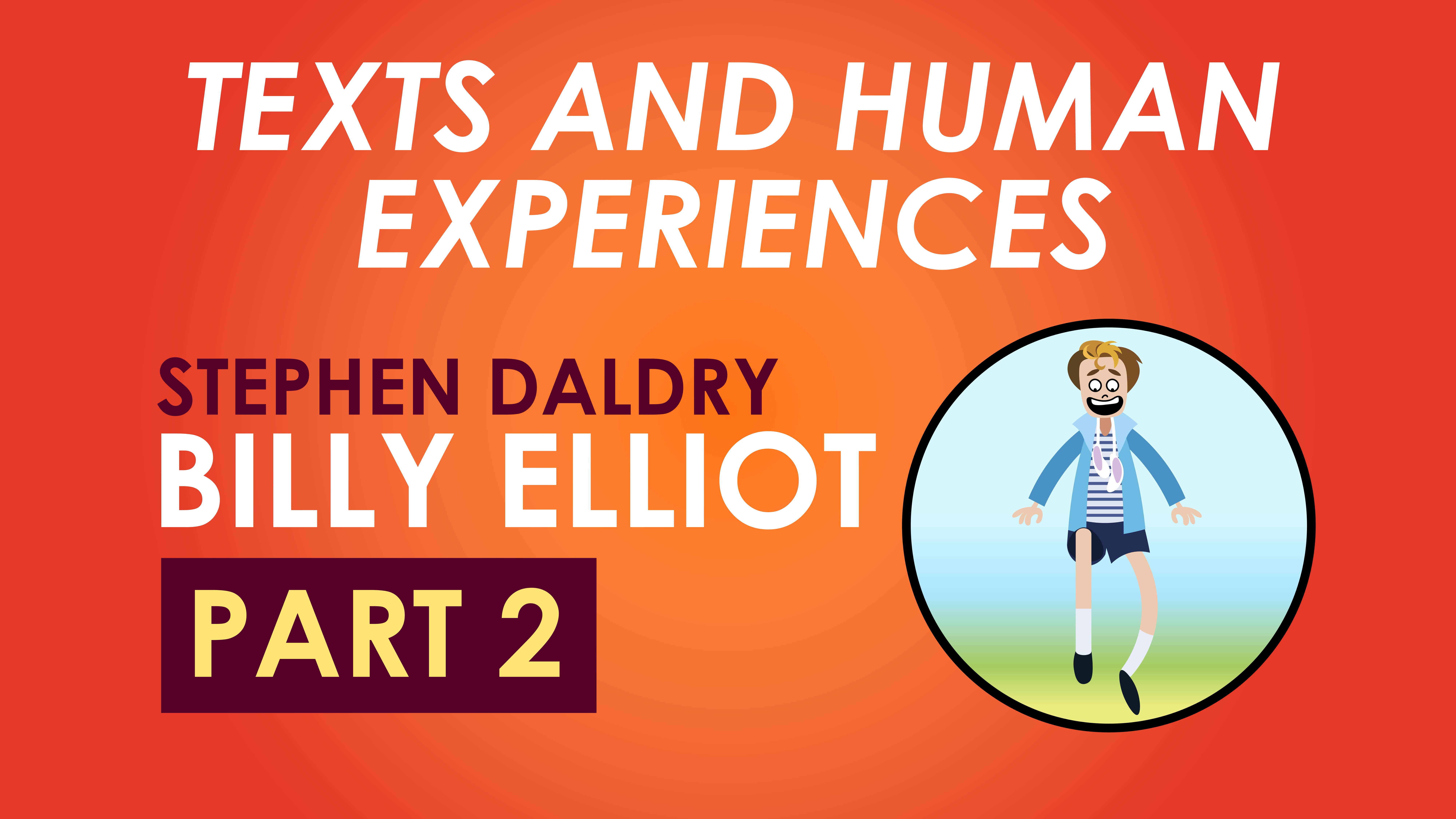
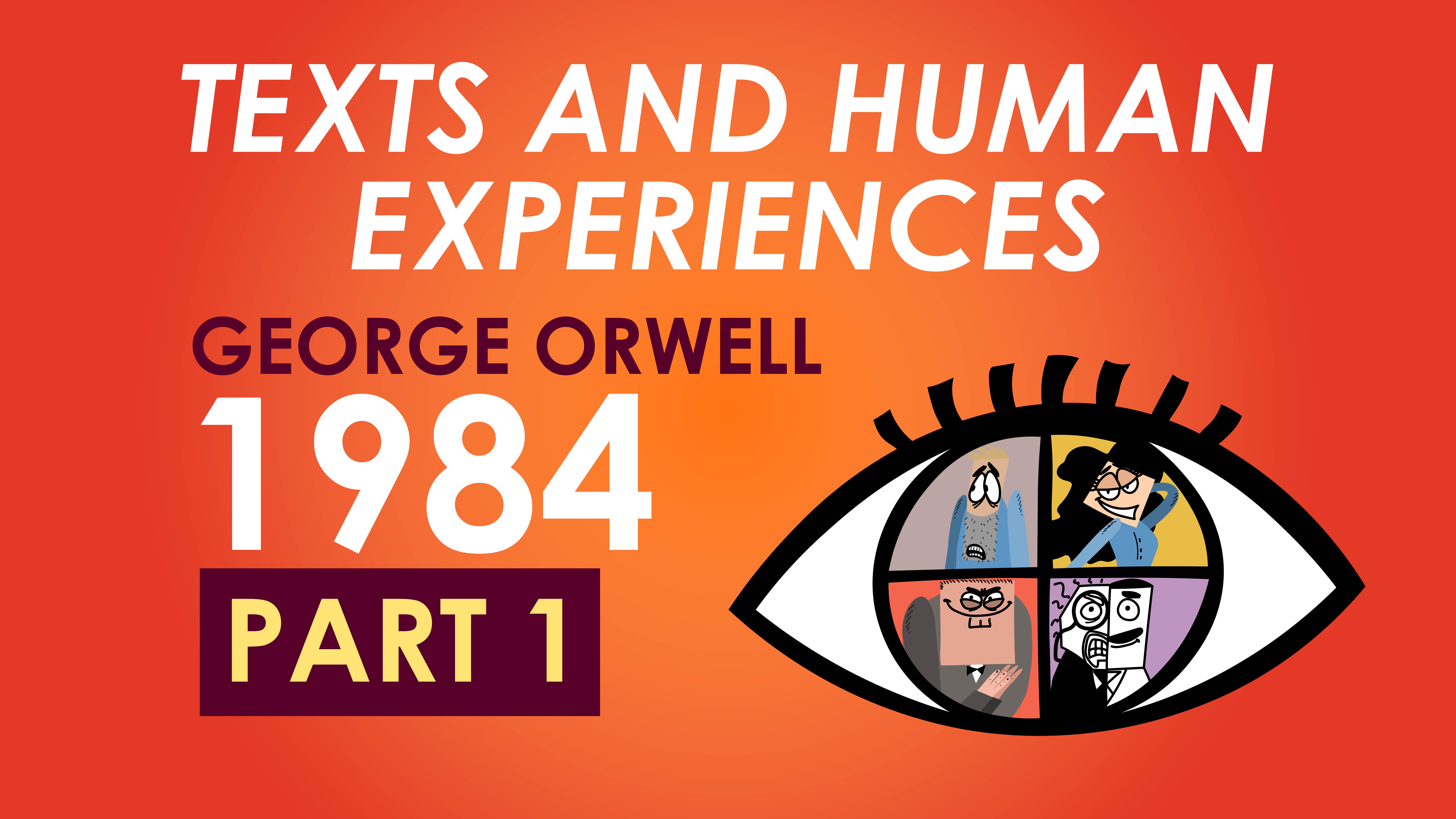
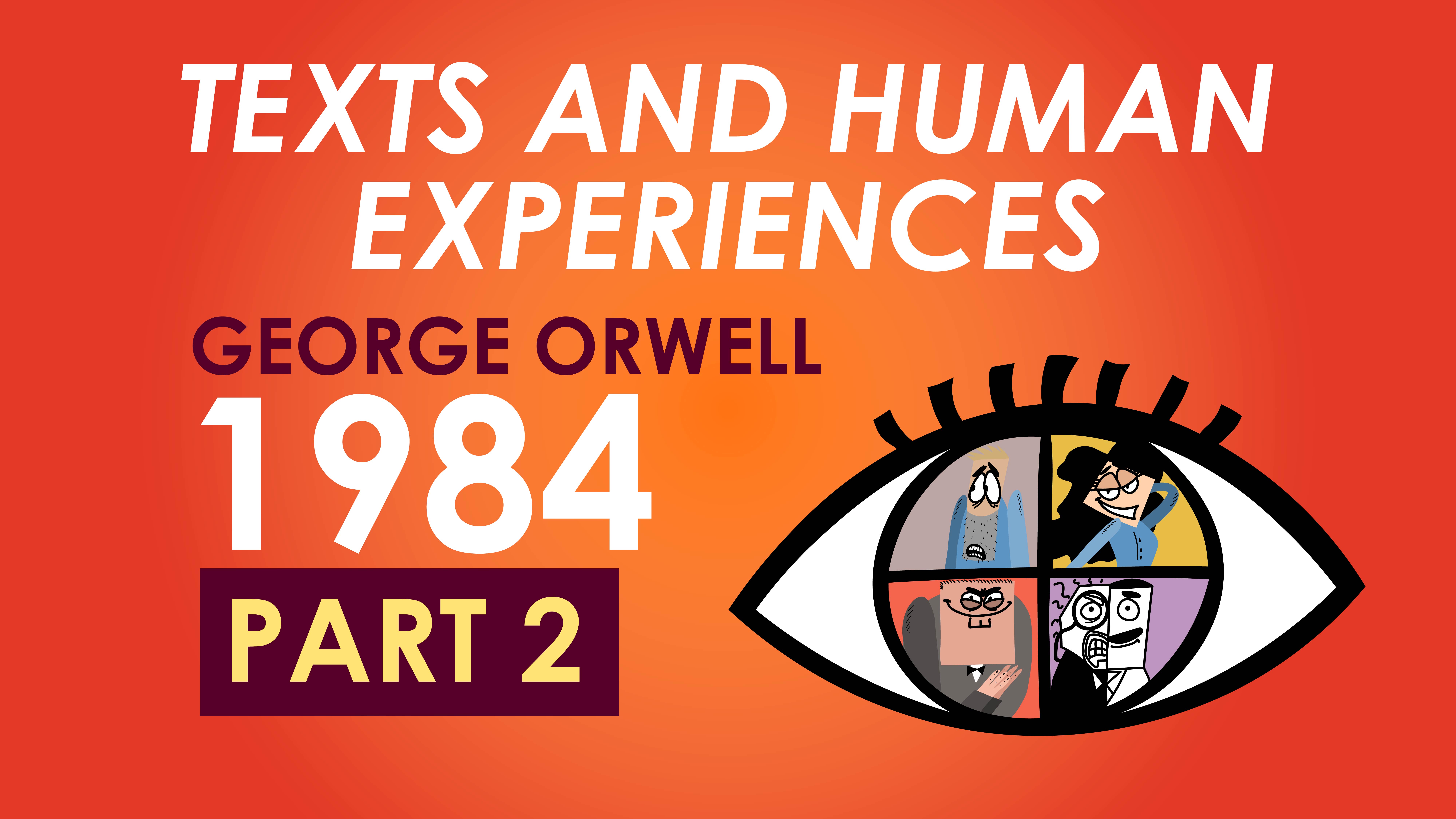
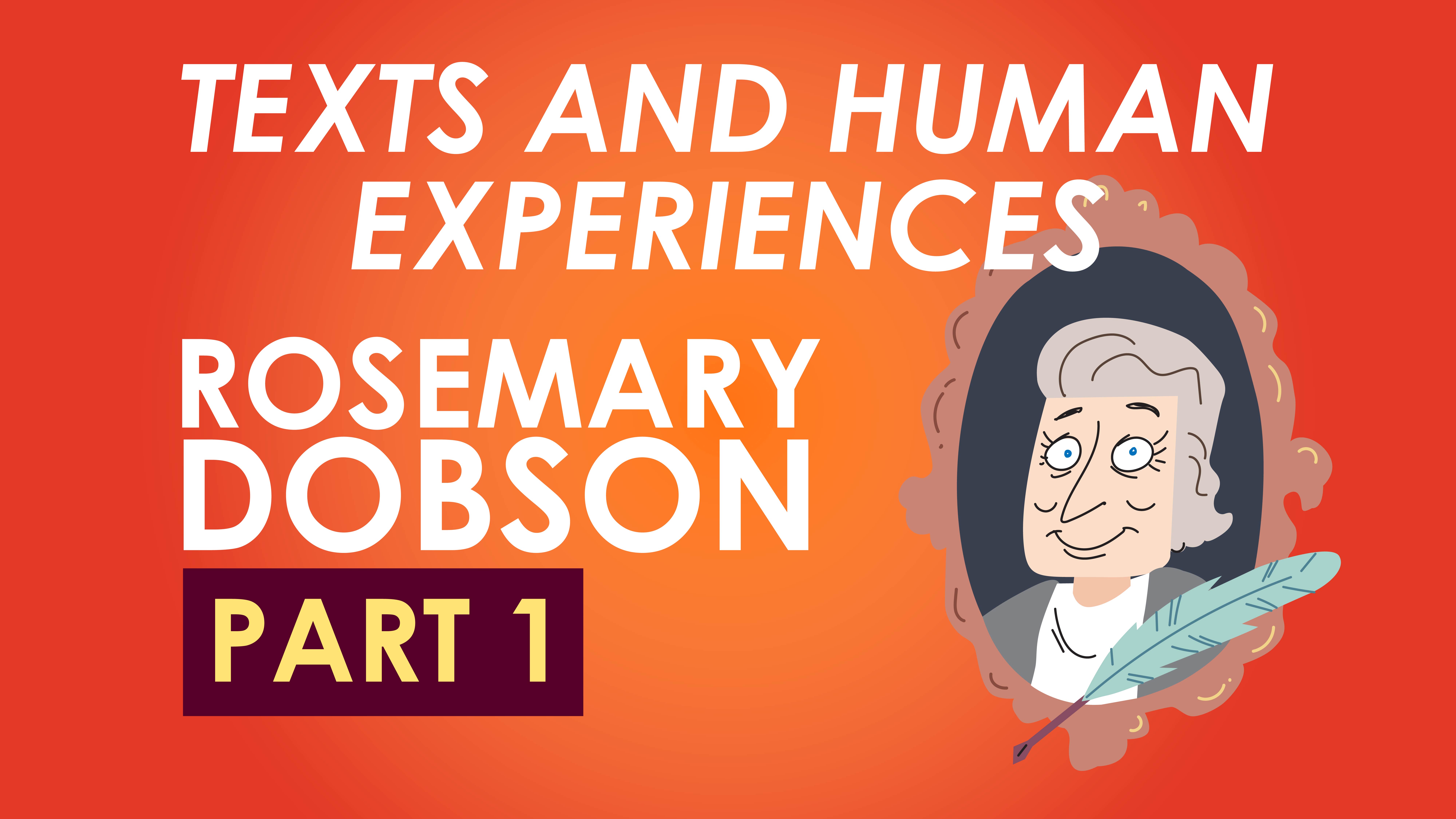
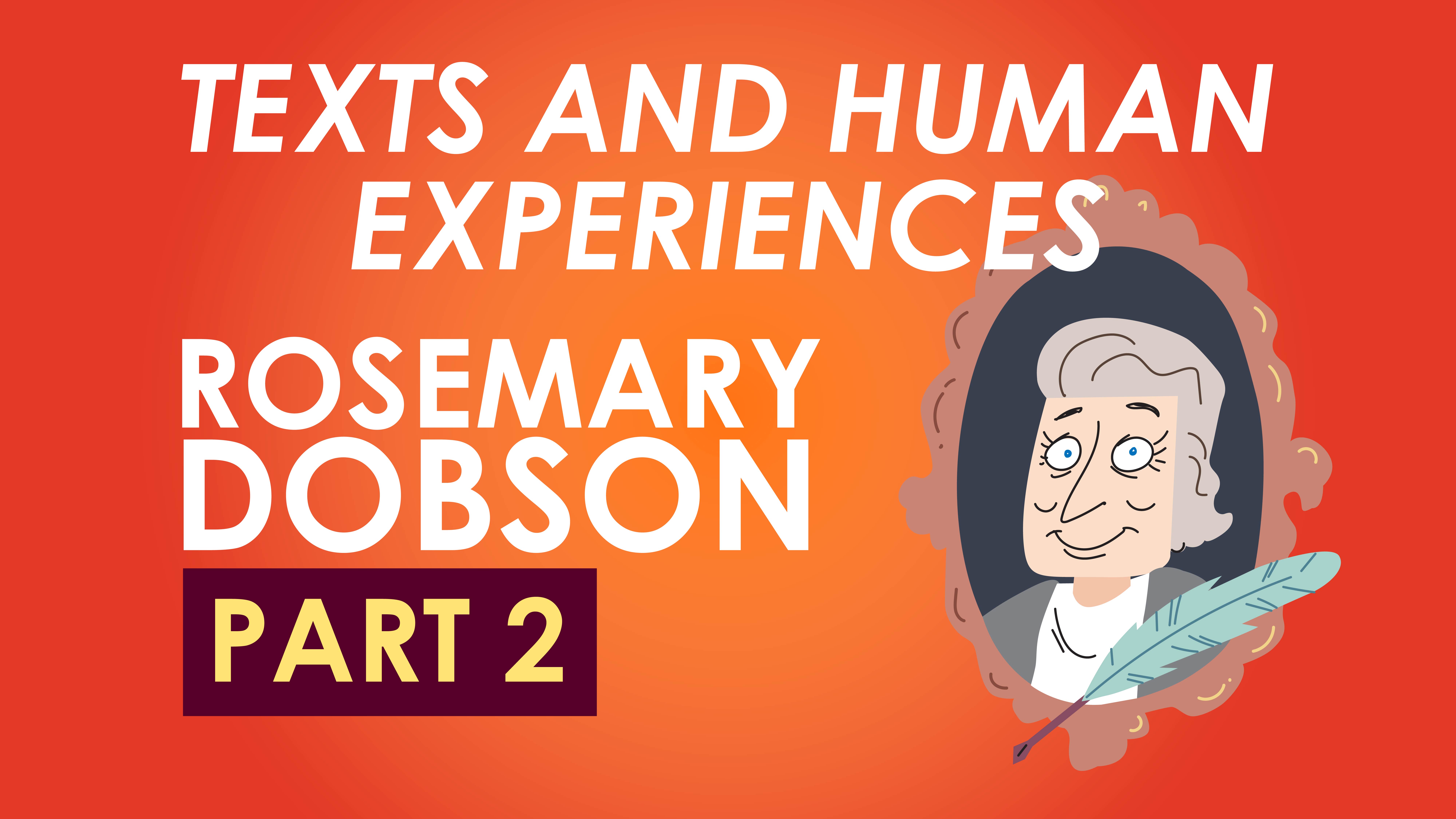
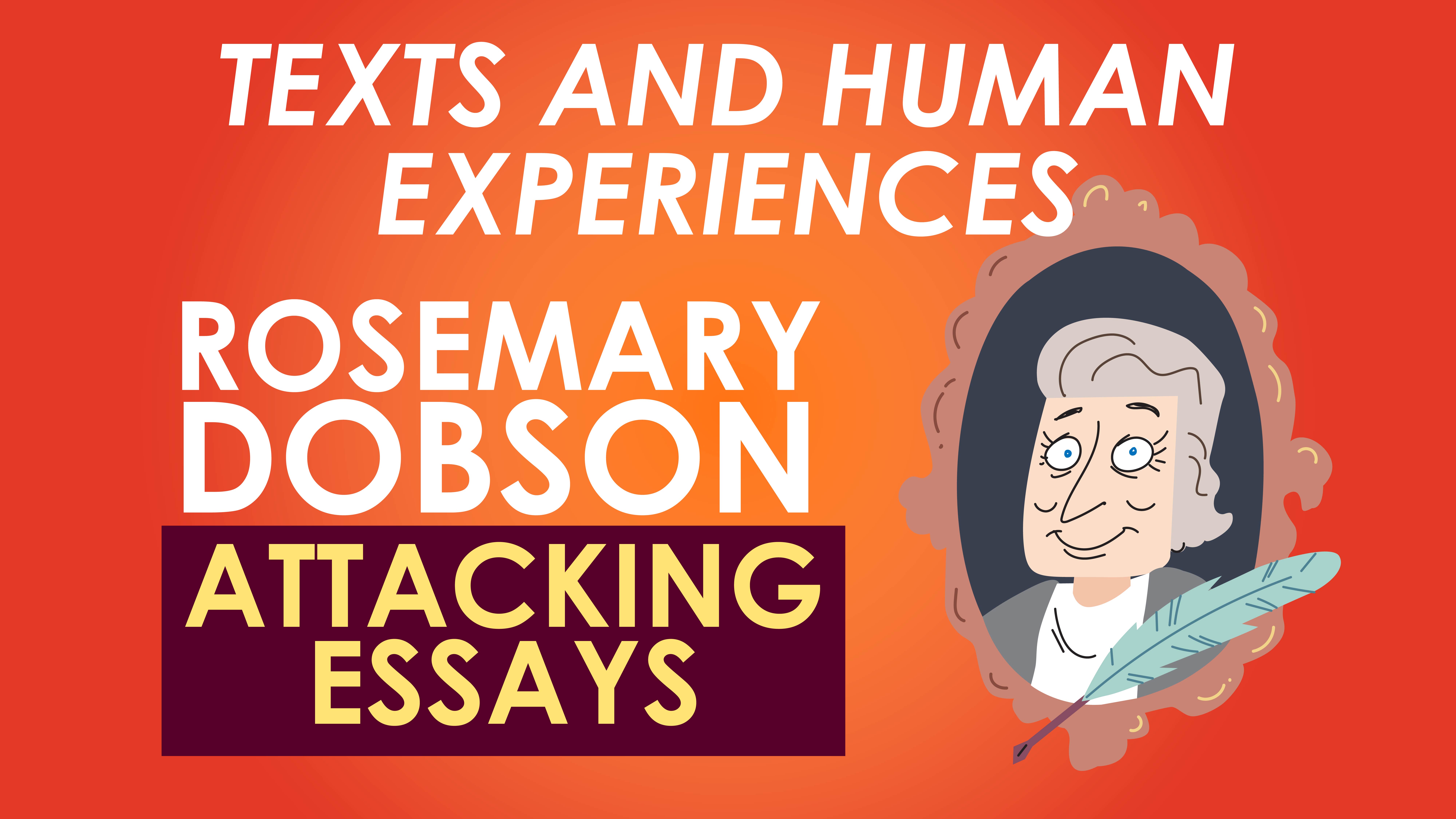
Share